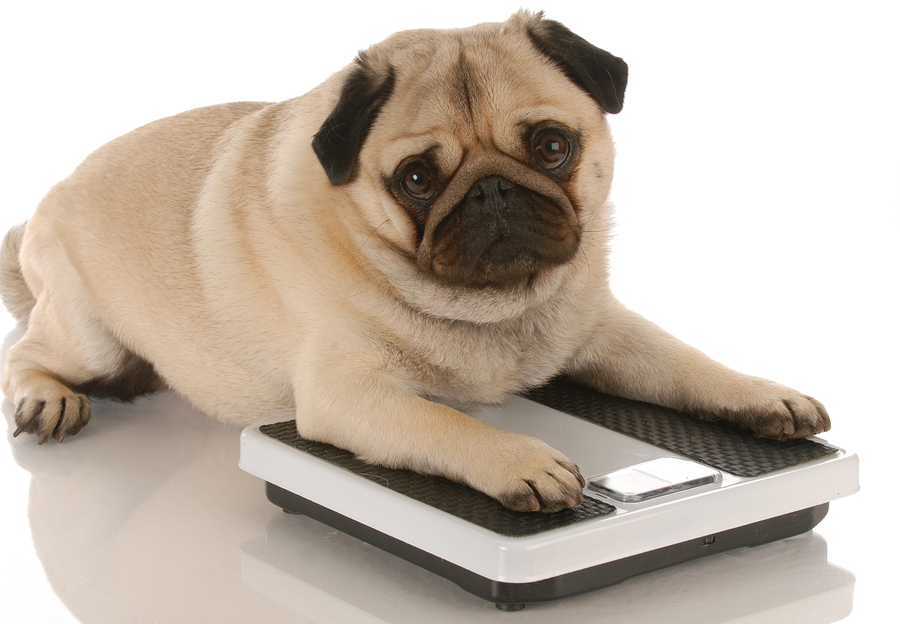Fitness trackers are all the rage for humans right now, and anything that gets us up and moving is a good thing. But how useful are they for our dogs — who could also benefit from more exercise?
My Pet Connection co-writer, Kim Campbell Thornton, did some research:
The benefit for pets — primarily dogs — is the ability to monitor how active they are every day. A lot of us probably think our dogs spend time running around in the yard chasing squirrels while we’re gone, but that’s not necessarily the case. Those of us who work at home know that our dogs tend to snooze the day away, getting up only when we go to the kitchen or call them to go out for a walk. Putting an activity tracker on your pet can be a wake-up call, alerting you that perhaps he’s not quite as active as you imagined.
While the monitors are good at detecting movement, they can’t always differentiate between types of movement. For instance, a dog who sniffs the ground vigorously while lying down moves his head enough to register activity on the tracker, but that doesn’t qualify as exercise. And a dog who scratches all day will rack up minutes of activity, but that’s also not true exercise.
Some measurements may not be as accurate for some movements, says internal medicine specialist Bess J. Pierce, director of the Center for Animal-Human Relationships at Virginia-Maryland Regional College of Veterinary Medicine in Blacksburg, Virginia.
“For example, in one study, there was no significant difference between trackers in all test dogs for trotting and walking, but the measurements became more variable when dogs were trotting up and down stairs.”
An activity tracker can’t assess overall fitness, but it can be useful for determining how many minutes per day your pet is active and the distance he logs, whether he’s running around in the yard, walking with you on leash or hiking off leash with the opportunity to run back and forth. Most trackers allow you to monitor activity trends over time and keep logs or diaries of downloaded data. An app can allow you to compare his activity level to other dogs of a similar age, breed or size.
Read more, including about Ebola and pets, in this week’s Pet Connection!


